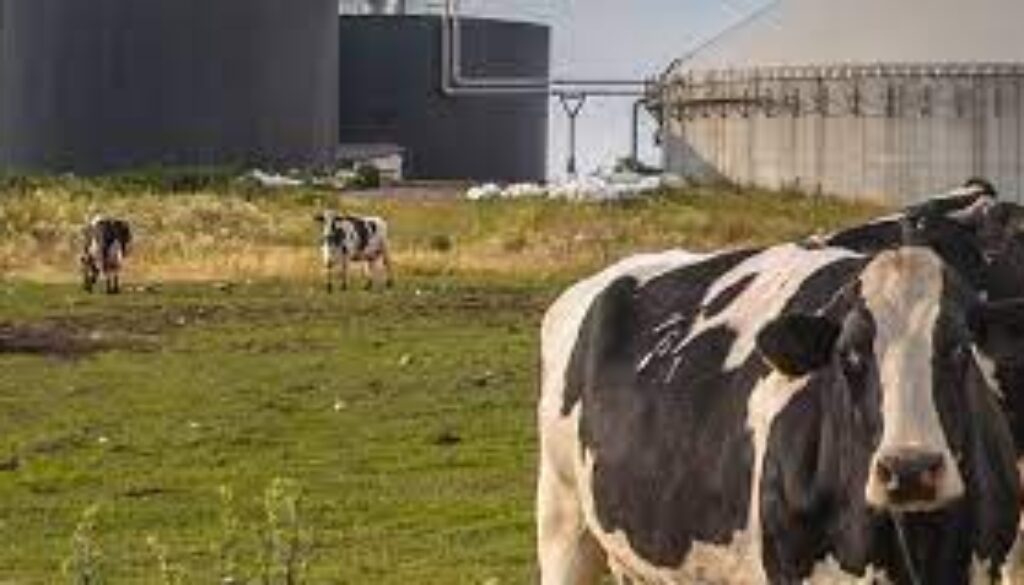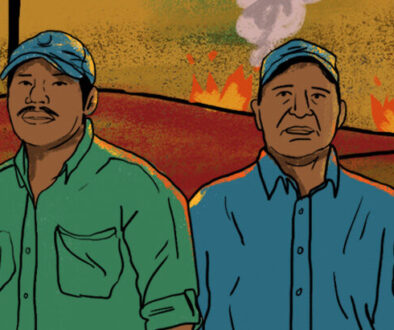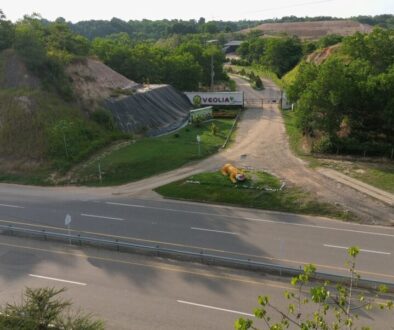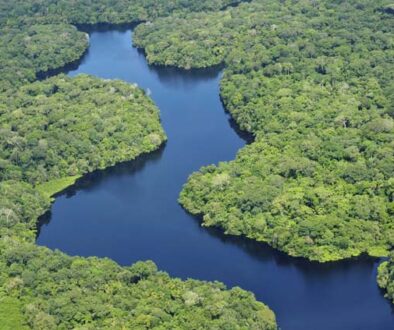Biogas and Biomethane: A Green Solution or a New Source of Conflict in the Global South?
As the world accelerates its efforts to transition away from fossil fuels, bioenergy has emerged as a key pillar of decarbonization strategies. The International Energy Agency’s Outlook for Biogas and Biomethane paints a promising picture: biogas and biomethane have the potential to reduce greenhouse gas emissions, provide local energy security, and offer sustainable waste management solutions. Yet, beneath this optimistic forecast lies a more complex and uneasy reality—one that raises critical questions about environmental justice, land rights, and socioecological impacts in the Global South.
A Bioenergy Boom with Asymmetrical Risks
The report emphasizes the untapped potential of biogas and biomethane, especially in agricultural economies. The Global South—particularly Latin America, Southeast Asia, and Sub-Saharan Africa—is seen as fertile ground for future development due to its large agricultural sectors, abundance of organic waste, and underdeveloped energy infrastructure. But this very «potential» also points to a deeper concern: the transformation of rural landscapes into sites of energy extraction without proper consultation or benefit to local communities.
What appears on paper as a “win-win” solution—clean energy from agricultural waste—can in practice become a new driver of land-use change, inequality, and socioenvironmental conflict. Large-scale bioenergy projects often require centralized infrastructure, secure feedstock supplies, and long-term access to land. In contexts with weak governance, limited land tenure protections, or marginalized rural populations, such requirements can exacerbate existing inequalities and even lead to displacement.
Competing Claims over Land and Resources
One of the key risks highlighted indirectly by the report is the competition between energy production and other land uses, especially food production. In many parts of the Global South, subsistence farming and small-scale agriculture remain the primary means of livelihood. The expansion of biogas or biomethane facilities—even if framed around «waste-to-energy» models—can introduce powerful new actors (agribusinesses, energy companies, or international investors) into already strained land-use systems.
The result is often a subtle but significant shift: what was once community-managed land or common property can be reclassified as a site of “waste recovery” or “energy potential,” opening the door to privatization or enclosure. This dynamic echoes past experiences with biofuel expansion, where palm oil, sugarcane, and soy plantations for ethanol or biodiesel displaced local communities and contributed to deforestation and water stress.
Sustainability for Whom?
The IEA report rightly notes that biogas and biomethane systems can contribute to multiple Sustainable Development Goals, including climate action, clean energy access, and improved sanitation. However, these benefits are not automatic. In fact, the way biogas systems are implemented matters deeply. Will the Global South be empowered to build decentralized, community-owned systems that reflect local needs and knowledge? Or will it be relegated to the role of raw material supplier for greener energy in the Global North?
The framing of “opportunity” in the report often assumes technical capacity and institutional readiness that may not exist in many southern contexts. Moreover, it downplays the risk of elite capture—where wealthier farmers or companies disproportionately benefit from incentives or access to infrastructure, while smallholders are left out or exploited as feedstock providers under unfair terms.
Environmental Justice and Democratic Governance
To avoid reproducing the very inequalities that the energy transition seeks to address, biogas and biomethane development must be anchored in principles of environmental justice. This means ensuring that local communities are not only consulted but have decision-making power over whether and how projects move forward. It also requires robust safeguards for land rights, fair benefit-sharing mechanisms, and attention to the cumulative environmental impacts of large-scale bioenergy expansion.
In countries already facing environmental degradation, biodiversity loss, and limited access to clean water, the introduction of industrial-scale digesters or gas pipelines adds another layer of complexity. Without transparent governance and strong regulatory frameworks, the risk is not just project failure—but long-term damage to ecosystems and social fabric.
Rethinking the Energy Transition from the South
What the Outlook for Biogas and Biomethane reminds us—perhaps unintentionally—is that the energy transition is not simply a technical challenge; it is a political and ecological one. The choices made today about where, how, and for whom renewable energy is developed will shape the trajectory of sustainability for decades to come.
For the Global South, this means pushing back against extractivist logics disguised in green language and asserting the right to self-determined development. It also means critically examining the narratives of “waste” and “efficiency” that often accompany bioenergy discussions, asking instead: who defines what counts as waste? Who controls the energy systems being built?
As the international community looks to bioenergy as part of a broader decarbonization strategy, it must also reckon with these deeper questions. Only then can the promise of a just and sustainable energy future become more than rhetoric—and truly serve the people and environments of the Global South.





